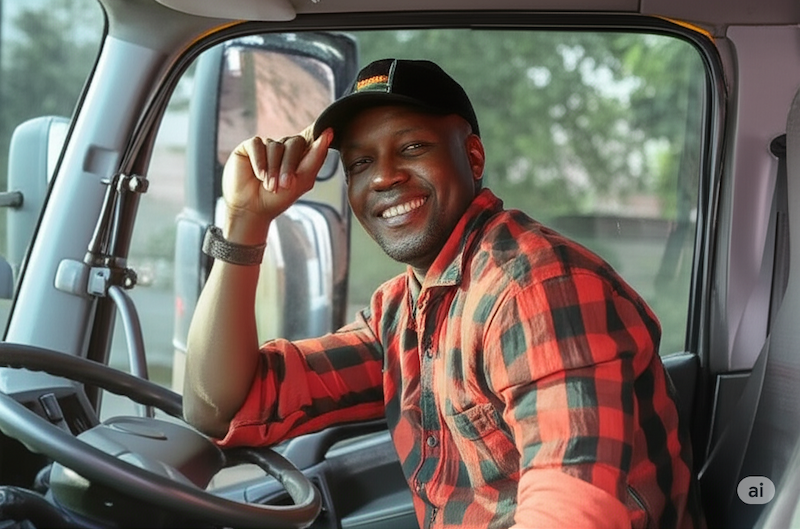Free Consultation
Contact Drivers Legal Plan
by submitting this form

A Class B CDL allows you to operate heavy single vehicles with a Gross Vehicle Weight Rating (GVWR) of more than 26,000 pounds. Unlike a Class A CDL, which is required for tractor-trailers and heavy truck-trailer combinations, a Class B license is for vehicles not towing trailers heavier than 10,000 pounds.
| CDL Type | Vehicle Type | GVWR Requirements | Trailer Restrictions | Common Jobs |
|---|---|---|---|---|
| Class A | Tractor-trailers, semi-trucks, heavy truck-trailer combos | 26,001+ lbs (trailer over 10,000 lbs) | No restriction | Over-the-road (OTR) trucking, freight hauling |
| Class B | Straight trucks, box trucks, buses, dump trucks | 26,001+ lbs | Trailer must be under 10,000 lbs | Local delivery, public transit, construction |
| Class C | Passenger vans, hazmat vehicles | Less than 26,001 lbs | No large trailers | Chauffeurs, hazardous material transport |
While Class A licenses allow for the operation of combined truck and trailer units, Class B is for single heavy vehicles. If you’re not towing a large trailer but still operating a vehicle over 26,000 pounds, Class B is the appropriate license.
This involves passing a knowledge test and obtaining medical clearance. You must hold the CLP for at least 14 days before taking the CDL skills test. To qualify, you’ll need:
CDL training combines classroom instruction and behind-the-wheel training. Programs typically last 2 to 6 weeks and include:
Once you’ve completed training, you’ll take the CDL skills test, which includes:

The timeline varies based on your training provider and schedule:
Only providers listed on the FMCSA’s Training Provider Registry (TPR) can offer valid ELDT. These include:
To find a registered provider, visit the FMCSA’s Training Provider Registry.
Yes. Even experienced drivers returning after a lapse or upgrading their licenses are required to complete ELDT. It’s also an excellent refresher for staying up to date with compliance and equipment standards.
Check your state’s CDL qualifications before applying. Common disqualifications include:
Always verify your eligibility with your state’s DMV or licensing agency before beginning the process.

Once you’ve earned your Class B CDL, the next smartest move is to protect your license and your career. Even a single traffic violation can:
With Driver’s Legal Plan®, you get:
For just $13.50 per month, you’ll have a dedicated legal team ready to fight for your CDL—so you can keep driving, earning, and moving forward in your career.
Call Driver’s Legal Plan® today to protect your Class B CDL!
Contact Drivers Legal Plan
by submitting this form